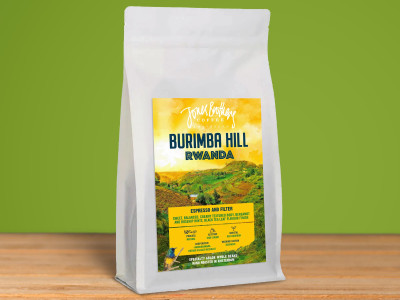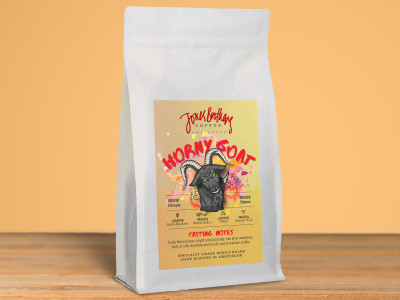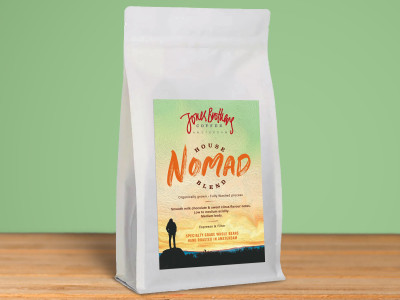From beans to machines, we can help with all your coffee needs.
Join a coffee plan
Sign up to a regluar delivery of coffee capsules, straight through your letterbox.
Start here →Beans
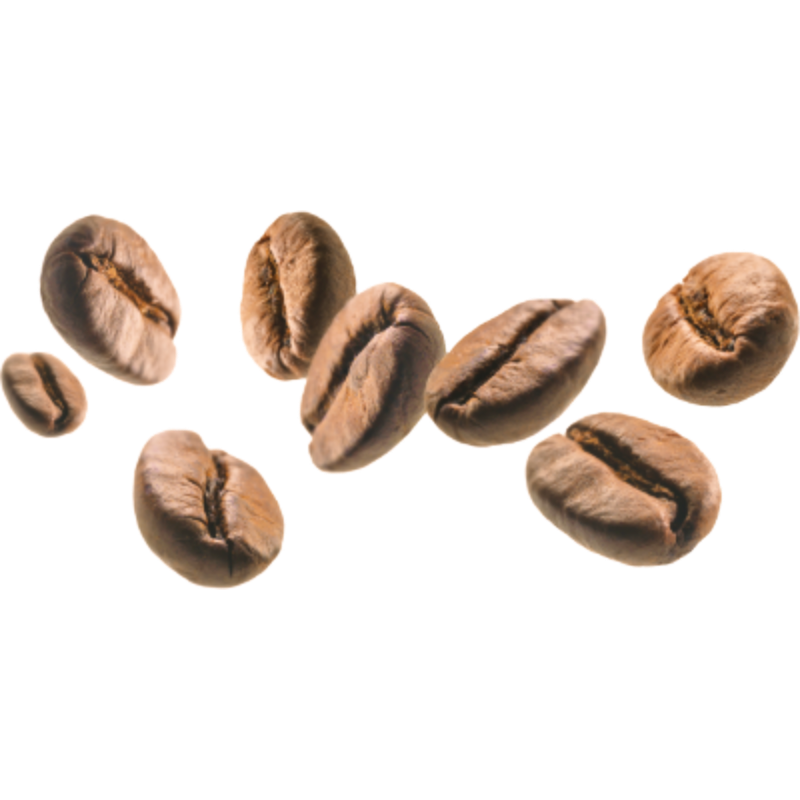
Beans
Whole coffee beans, sustainably sourced, 100% Arabica.
M*lks
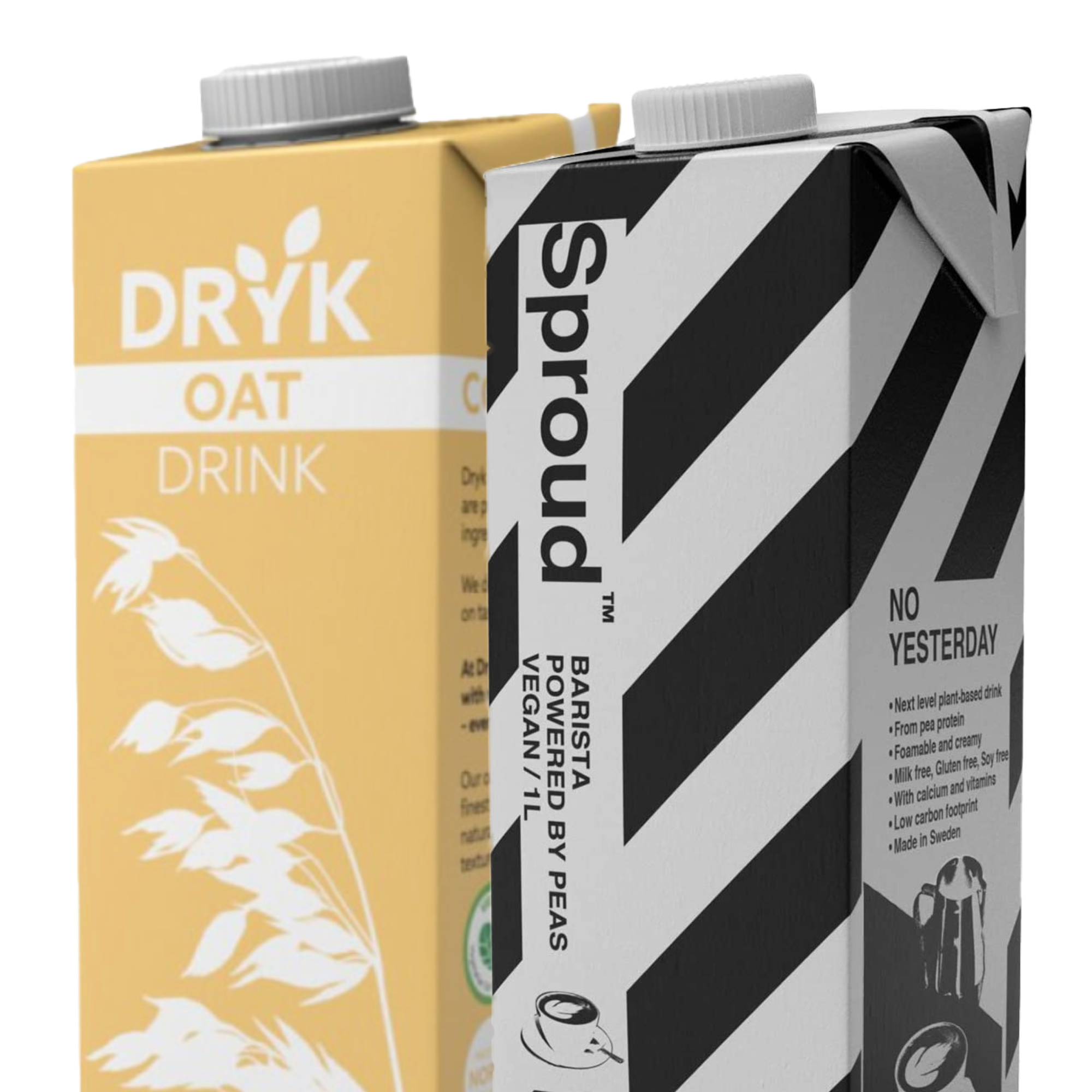
M*lks
Plant-based milk alternatives to compliment your coffee.
Gear
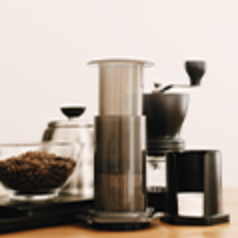
Gear
Great accessories to improve your coffee experience.
Moccamaster
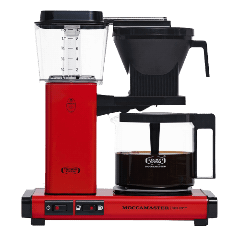
Moccamaster
Expert coffee machine for your home.
What is specialty coffee? And why you should try it…
What really in going on with this Specialty Coffee trend thing? Let me break it down for you a bit. By the end of this article, you’re going to feel much more confident and prepared.
You’ll have seen all the new independent coffee bars opening up everywhere over the last few years (there’s probably one in your neighbourhood!), full of young and trendy people with tattoos, beards, piercings and perhaps an unhealthy obsession with their latte art skills! You may have ventured into one of these ‘holy grail of coffee’ places, checked out their multiple coffee options (too many origins and preparations to really take in at once) and stuttered over a flat white or cappuccino. But maybe you haven’t yet. Because you’re not clear what the hell is going on in there. Some brewing masterclass that somehow makes you feel a bit intimidated, unsure of yourself and whether you really qualify to even cross this threshold into such a hallowed world.
So, what really in going on with this Specialty Coffee trend thing? Let me break it down for you a bit. By the end of this article, you’re going to feel much more confident and prepared.
What is specialty coffee?
First, a quick note about what is a specialty coffee: coffee beans are assessed and rated on a 100 point scoring system for body, balance, uniformity, sweetness, clarity and acidity. Coffee scoring 80+ with a low defect count is generally considered to be Specialty Coffee. (And for our purposes here, we are generally just talking about the “coffea arabica” tree of coffees).
Easy right? Well, no, of course it is a little more complex. Essentially it is about trying to maximize the flavor potential in every bean. And that starts right back at the farm level and requires patience and precision all the way through the supply chain until it reaches your cup. And that’s where you should notice the difference, in the taste and texture of your coffee. Forget what you thought you knew about how coffee tastes: a bit of a burnt, bitter, thin, watery yuckiness! You’ve probably always added sugar or allowed the big brand chains (like the big “S” guys!) to convince you that all that syrup, cream, loads of milk, marshmallows and anything else that disguises the actual taste of the coffee, is really good. It isn’t. It is actually an injustice to the humble coffee bean and in many ways the Specialty Coffee scene is trying to change that.

But updating the farming and preparation of your coffee also requires an update to your palate and your expectations. And this is the hardest move. You see the coffee beans have naturally occurring lipids for sweetness but also display elements of tart-ness or sourness, something so unusual and at the opposite end of the taste spectrum that you’re used to, that it puts a lot of people off these specialist coffees. But we actively look for all these elements of sweet, sour and bitter to create a wonderfully balanced drink and, depending on the region and growing conditions, these elements play a stronger or weaker part in the final flavour profile.
Back to the farm
And that brings us back to the farm. The origin of our Arabica bean is as a red fruit cherry growing wildly on a small and compact coffee tree usually higher up on mountainsides, in dense forests and plantations where the climatic combination of soils, filtered sunlight, rainfall and cooler and more temperate seasons allow our sensitive Arabica tree to mature its crop and deliver a flavourful fruit that we eventually turn into a ready-made drink. These conditions are at their best either side of the equator between the Tropics of Cancer and Capricorn (often referred to as the “Coffee Belt”) all the way around the globe. From there, the quality control begins – only the reddest, ripest fruits should be picked, then sorted and sorted multiple times to remove as many defects as possible. This happens all the way along chain so that any potential impact on the final flavour in the cup is removed. The impact on the farmer of this approach to specialty quality means that in countries like Ethiopia, a 100kg sack of freshly picked red cherries will result in only 17kgs of available beans to sell and export. And there-in lies not only some of the issues around income subsistence levels for farmers, but also why specialty coffee generally is more expensive: our sensitive Arabica tree yields less cherries per tree than its trashy cousin the Robusta tree. While the very manual labour process and the filtering out of poorer beans comes at a cost.
But it does also have the potential to generate more income per square hectare of land for the farmer, because Specialty coffee people (good specialty coffee people!) will pay more for their crop, often directly or through small independent green bean importers, share knowledge and education with farmers to help them understand their end customer needs and improve their processes, yield and end product. So, by moving your tastes and your wallets to Specialty coffee consumption, you will be doing so much more to improve the lot of farmers the world over than you can possibly imagine.

Of course, you will need to open your mind to these possibilities of texture as well as taste existing in a drink that previously only had one dimension in your mind. It’s a leap for most people, but crossing the threshold of your local independent specialty coffee bar with its too trendy crowd, is the first step on a coffee adventure, one that will change your life forever. Really?... Really!

For more information about our Specialty Coffee bean selections from unique origins like Thailand and the best of what Ethiopia, Colombia and Rwanda have to offer, take a look here.
If want to read further about the differences between Washed and Natural process coffees, it’s here carefully explained.
Or perhaps a more in-depth view from Richard, our Founder, on coffees from Ethiopia, try this series of articles, based on his travels and long experience with Ethiopia and their coffee.
And you can of course at any time write to us with your questions and observations to hello@jonesbrotherscoffee.com.

